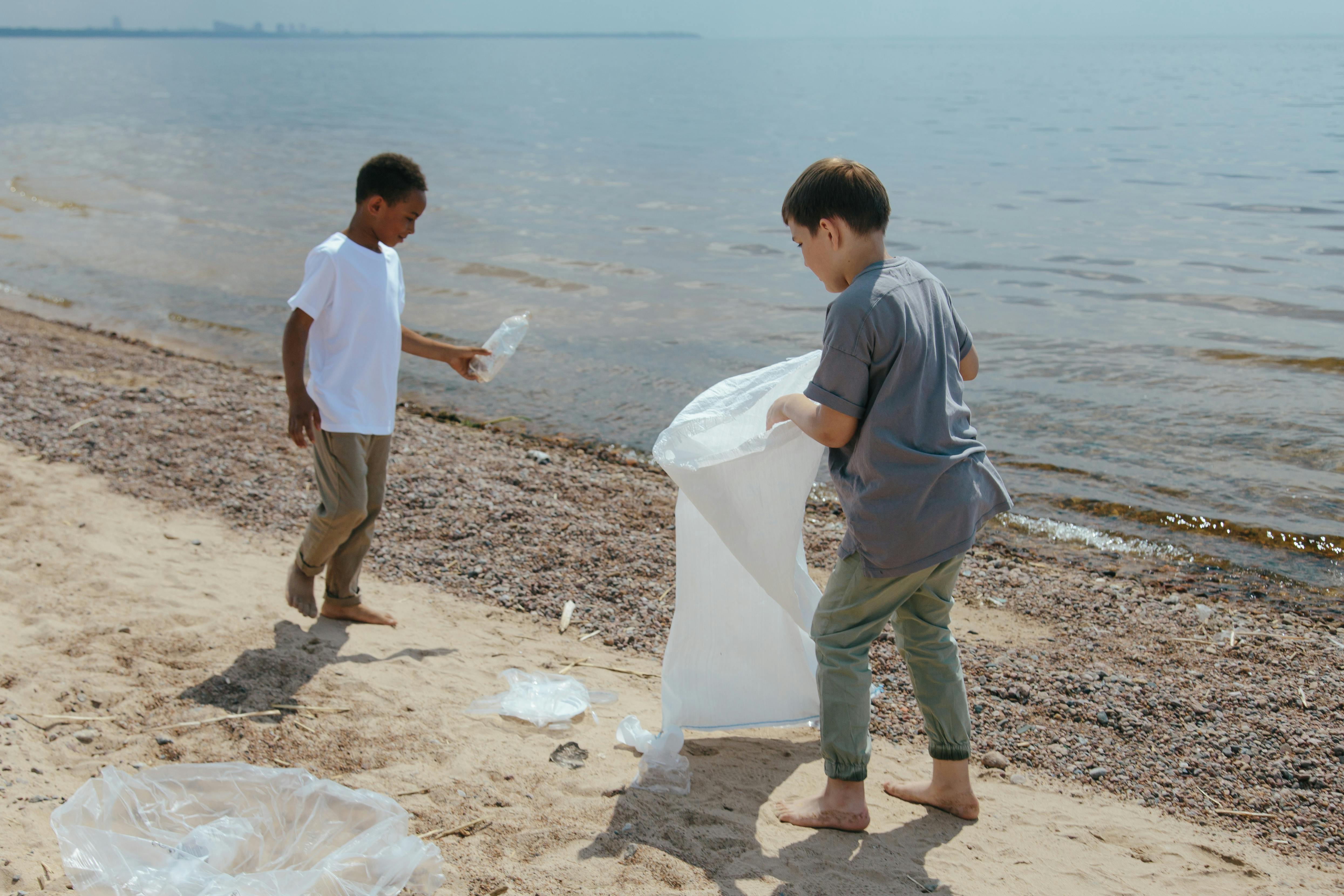Teaching Kids About Recycling and Sustainability
As awareness about environmental issues grows, it’s more important than ever to instill values of recycling and sustainability in our children. Teaching kids about these concepts not only helps them understand the impact of their actions on the planet but also empowers them to be proactive in preserving it. Here’s a comprehensive guide to teaching kids about recycling and sustainability in an engaging and effective way.
Why Recycling and Sustainability Matter
Recycling helps reduce waste, conserve natural resources, and minimize pollution. Sustainability, on the other hand, focuses on meeting present needs without compromising the ability of future generations to meet theirs. Together, they play a crucial role in protecting the environment and promoting a healthier planet.
Fun and Engaging Ways to Teach Kids
1. Make It Hands-On
Kids learn best through active participation. Engage them with hands-on activities that illustrate the principles of recycling and sustainability.
- Recycling Crafts: Use recyclable materials to create fun crafts. For example, turn plastic bottles into planters or cardboard boxes into art supplies.
- Gardening: Start a garden project where kids can learn about growing their own food and the importance of plants in our ecosystem.
2. Create a Recycling Station
Set up a designated recycling station at home where kids can sort materials into different bins.
- Label Bins: Clearly label each bin for paper, plastic, glass, and composting.
- Involve Them in Sorting: Teach them to identify what can be recycled and what cannot. Make it a game to encourage participation.
3. Educate Through Books and Videos
Use educational books and videos that focus on recycling and sustainability to spark interest.
- Read Together: Choose age-appropriate books that explain these concepts in a fun and relatable way. Titles like "The Lorax" by Dr. Seuss or "Michael Recycle" can be great starting points.
- Watch Documentaries: Find child-friendly documentaries that explore environmental issues and the importance of recycling.
4. Lead by Example
Children often emulate the behavior of adults. Show them how you practice recycling and sustainable habits in your daily life.
- Model Good Habits: Use reusable bags, bottles, and containers. Show them how you separate waste for recycling.
- Discuss Your Choices: Explain why you choose certain products over others, emphasizing sustainability.
5. Organize Community Clean-Up Events
Participate in or organize community clean-up events to enable kids to see the impact of their efforts.
- Get Involved: Take your kids to local parks or beaches for clean-up days. Let them see firsthand the difference they can make.
- Celebrate Participation: Celebrate their involvement with rewards or recognition to reinforce positive behavior.
6. Encourage Critical Thinking
Help kids think critically about their consumption and waste.
- Ask Questions: Prompt them to think about the lifecycle of products they use. Questions like “Where does this come from?” and “What happens to it after we use it?” can stimulate thoughtful conversations.
- Discuss Alternatives: Encourage them to think about alternatives to single-use items, such as using cloth napkins instead of paper or bringing their own containers for takeout.
7. Foster a Love for Nature
Encouraging a connection with nature can inspire kids to care about the environment.
- Outdoor Activities: Spend time outdoors hiking, biking, or exploring nature. Discuss the importance of preserving natural habitats.
- Nature Projects: Create projects that involve observing wildlife or planting trees and flowers that support local ecosystems.
Conclusion
Teaching kids about recycling and sustainability is essential for fostering a generation that values and protects the environment. By making learning engaging and hands-on, you can instill lifelong habits that promote a healthier planet. Remember, every small action counts, and together, we can create a brighter, more sustainable future. 🌍💚
Health Disclaimer: For any concerns regarding your child's health or environmental exposure, consult a qualified professional.



Comments
Post a Comment